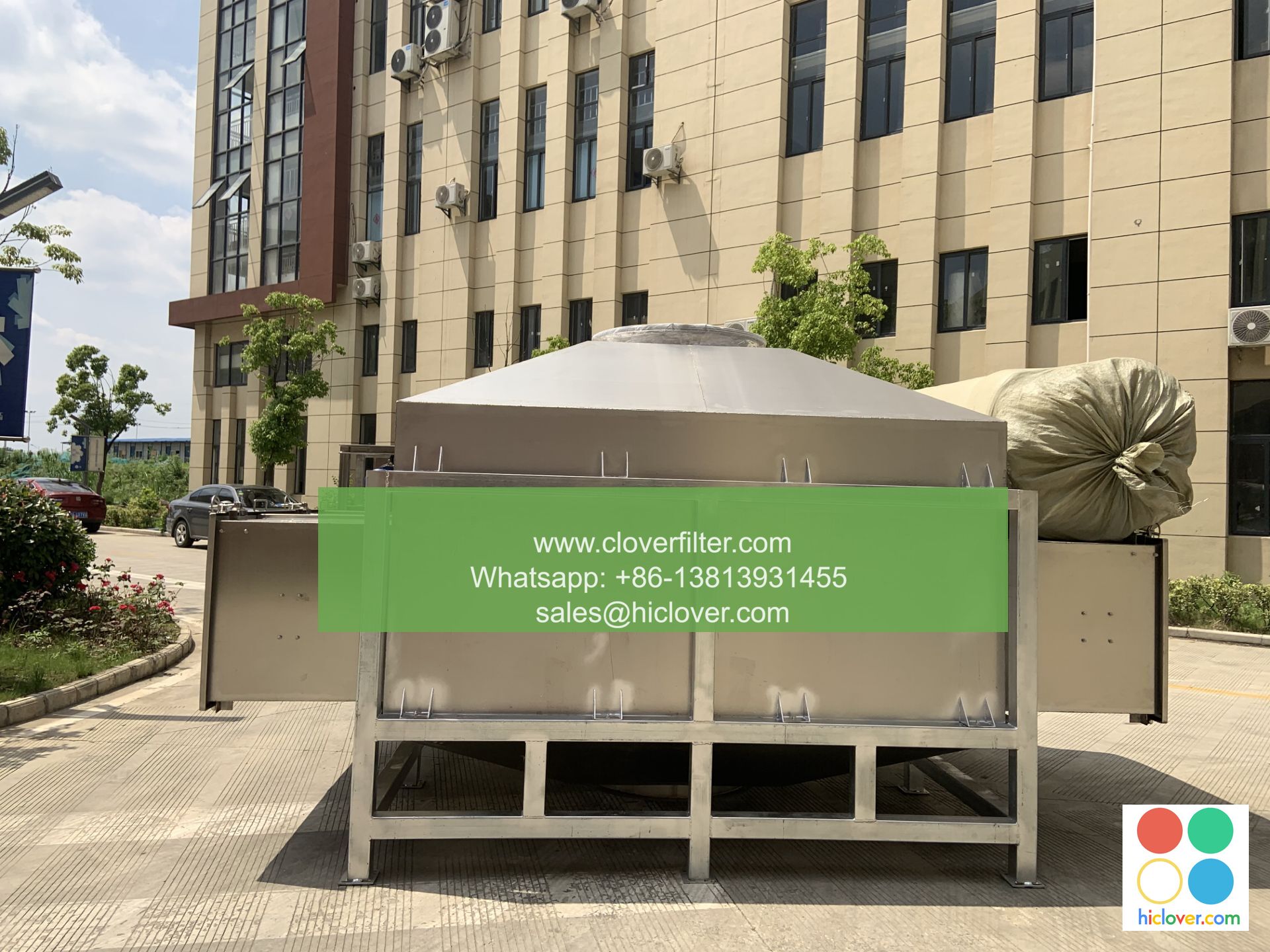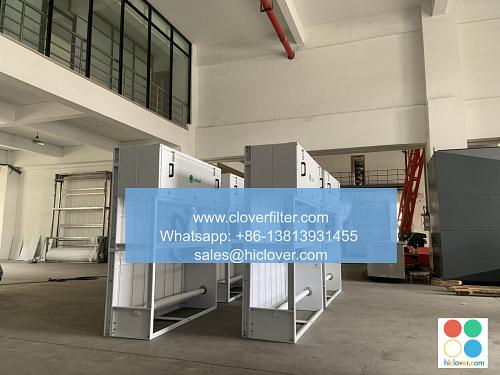The Benefits of High-Efficiency Air Filters for Industrial Processes

Industrial processes often involve the use of heavy machinery, chemicals, and other materials that can release pollutants and contaminants into the air. These pollutants can not only harm the environment, but also pose serious risks to the health and safety of workers. One effective way to mitigate these risks is by using high-efficiency air filters in industrial processes. In this article, we will explore the benefits of high-efficiency air filters and highlight various application areas where they can be used.
Improved Indoor Air Quality
High-efficiency air filters can significantly improve indoor air quality by removing pollutants and contaminants from the air. These filters use advanced technologies, such as HEPA filtration and activated carbon filtration, to capture particles as small as 0.3 microns, including dust, pollen, and other airborne contaminants. By removing these pollutants, high-efficiency air filters can help reduce the risk of respiratory problems and other health issues associated with poor air quality.
Increased Efficiency and Productivity
High-efficiency air filters can also increase efficiency and productivity in industrial processes. By removing pollutants and contaminants from the air, these filters can help reduce downtime and maintenance costs associated with equipment damage and repair. Additionally, high-efficiency air filters can help improve the overall performance of equipment and machinery, leading to increased productivity and efficiency.
Compliance with Regulatory Requirements
Many industries are subject to regulatory requirements and standards related to air quality and emissions. High-efficiency air filters can help industrial processes comply with these requirements by reducing emissions and improving air quality. For example, OSHA regulations require employers to provide a safe working environment, and high-efficiency air filters can help meet these requirements by removing pollutants and contaminants from the air.
Application Areas
High-efficiency air filters have a wide range of applications in various industries, including:
* Pharmaceutical manufacturing: High-efficiency air filters are used to remove contaminants and pollutants from the air, ensuring the quality and purity of pharmaceutical products.
* Food processing: High-efficiency air filters are used to remove airborne contaminants and pollutants, ensuring the quality and safety of food products.
* Chemical manufacturing: High-efficiency air filters are used to remove hazardous chemicals and pollutants from the air, reducing the risk of accidents and environmental damage.
* Aerospace and defense: High-efficiency air filters are used to remove contaminants and pollutants from the air, ensuring the quality and reliability of aerospace and defense equipment.
Conclusion
In conclusion, high-efficiency air filters offer numerous benefits for industrial processes, including improved indoor air quality, increased efficiency and productivity, and compliance with regulatory requirements. With their wide range of applications in various industries, high-efficiency air filters are an essential component of any industrial process. By using high-efficiency air filters, industries can improve the health and safety of workers, reduce downtime and maintenance costs, and improve overall efficiency and productivity. As the demand for clean air and environmental sustainability continues to grow, the use of high-efficiency air filters is likely to become even more widespread, driving innovation and growth in various industries.
Some of the key words associated with high efficiency air filters are air purification, indoor air quality, HEPA filtration, activated carbon filtration, air cleaning, emission control, and environmental sustainability. These key words highlight the importance of high-efficiency air filters in maintaining clean air and reducing environmental pollution. It seems like you’re ready to start a conversation or ask a question, but you haven’t specified what’s on your mind yet. I’m here to help with any topic you’d like to discuss, whether it’s about science, history, culture, technology, or something entirely different. What are you interested in talking about or learning more about today?

